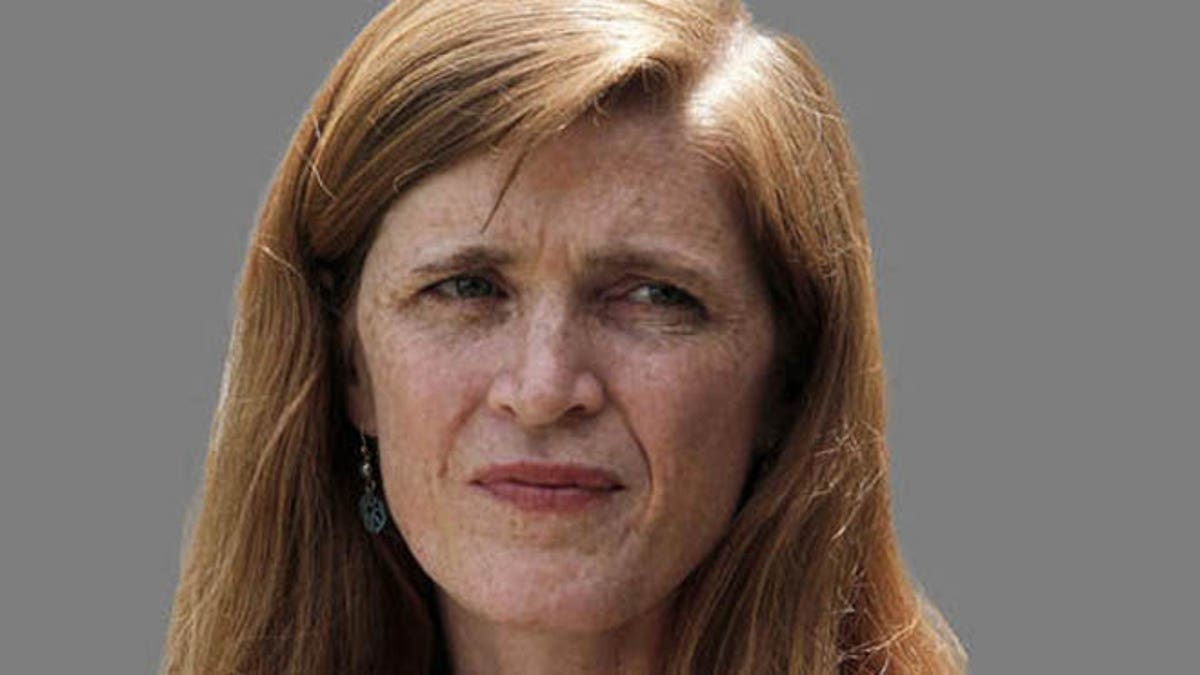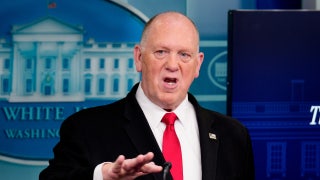
U.S. academics and Upper East Side New Yorkers like to think of the United Nations as a place where foreign ambassadors have intellectual discussions about power and world peace.
Our own president and his representative Samantha Power, too, have a long history of talking philosophically about war, genocide and the international legality of action in a crisis.
While we all want the U.N. to live up to its original intent and be the place where the world comes together to solve international problems, the reality is the U.N. isn’t all that different from any other political body. Countries and individuals play to the cameras, create good theatre and negotiate selfishly.
Ambassador Power has very little experience in multilateral diplomacy or political positioning. She has even less practice in negotiating on behalf of the United States.
Her writings and previous work point to a long history of making highly intellectual arguments about what the world should look like.
[pullquote]
She is better suited to convincing Harvard graduate students to write more about international problems. Her lack of experience sitting across the table from an experienced Russian diplomat could prove disastrous for the United States.
Take for instance the international concept of the “Responsibility to Protect.” At the U.N, the idea is abbreviated R2P and is regularly talked about by a small group of Non-governmental Organizations (NGO’s) who largely get funding from the U.N. or the United States to protect vulnerable citizens from brazen government dictators.
Putting aside the criticism that those leading the discussion have a certain self-preservation charge to explain, R2P is nevertheless a worthy idea. No one really disagrees that all of humanity has a responsibility to protect fellow citizens in a time of need.
How and when the U.N. Security Council passes a resolution to actually protect people, however, is a decidedly political discussion steeped in self-aggrandizement.
NGO leaders, who celebrated Power’s appointment as U.N. ambassador, have never understood the practicality of that decision or the motivations of those who may or may not vote for a resolution to protect the vulnerable.
Too many members of the U.N. benefit from the status quo and won’t make decisions for purely altruistic reasons. Ambassador Power doesn’t understand this reality.
Power’s speeches, thus far, put forward purely intellectual arguments that are ignored by the very people we need to support us. This elitist strategy won’t work inside the U.N. Her academic style is bound to fail.
While the United States, Japan and a handful of others have pressed to reform the UN, others -- like Russia, China, South Africa and India -- are much more interested in adding new programs and studies that benefit their own economies or employ their own bureaucrats. Their entrenchment won’t be moved by an Ivy League white paper.
U.N. representatives want more money for their problems and they want other people to pay for it. Think of it as the international version of the Democrats’ “Fair Share” argument.
Launching a program or offering a resolution that doesn’t benefit Russia, for instance, has little chance of getting Russian support, unless, of course, a tough diplomat can demand a vote with a convincing argument and political pressure.
Not unlike a legislator in our own Congress, horse-trading and the bully-pulpit are much more important skills than making a speech to an NGO conference.
Power’s background just doesn’t fit. And as the Syria situation unfolds at the Security Council, her abilities and inexperience are showing. Now is not the time to have someone on the job who is just learning how to be a tough negotiator.
Power needs help if we are to get a U.N. resolution on Syria. President Obama should send a serious negotiator to assist Power immediately.








































